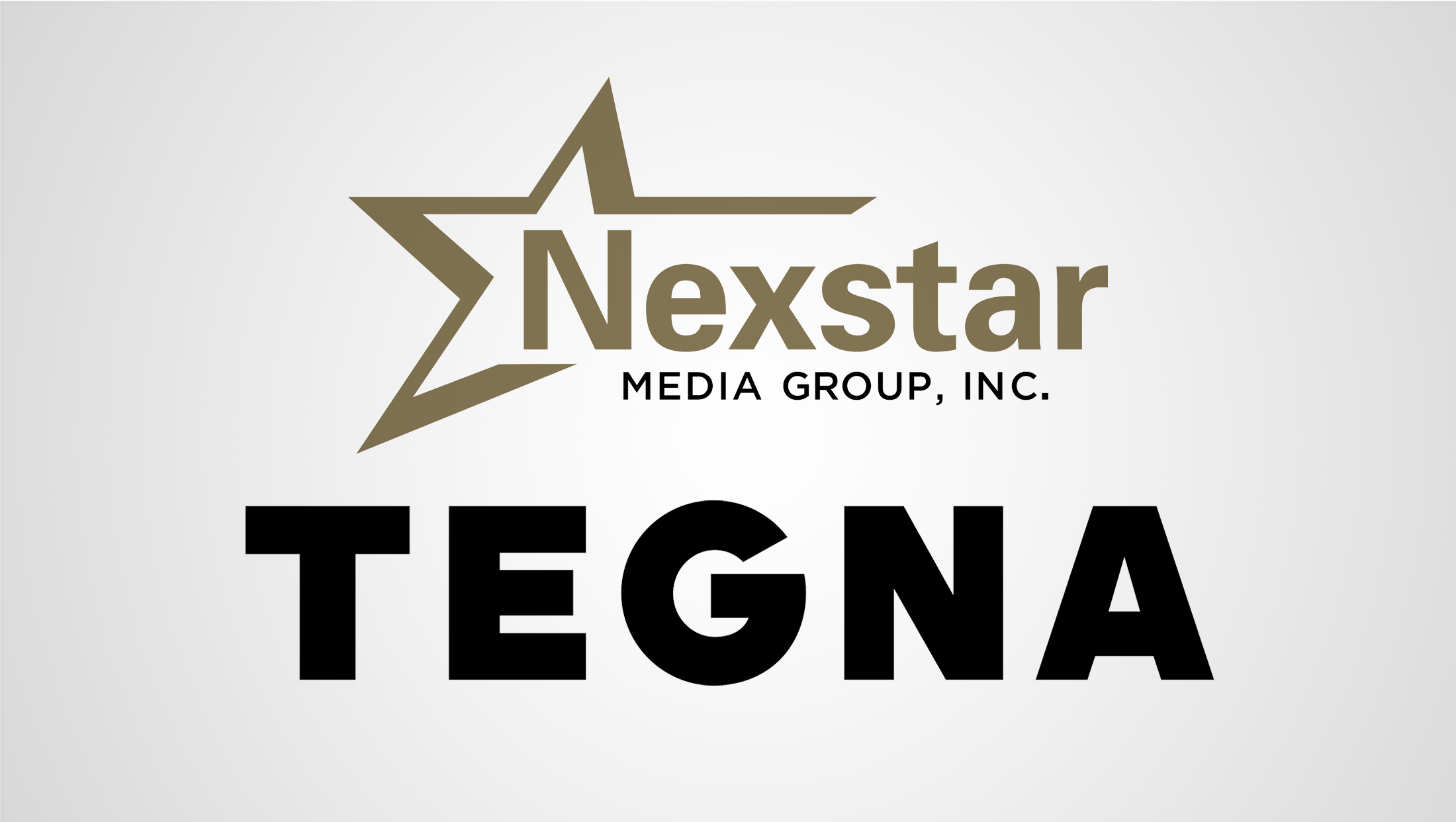Nexstar, Tegna to merge in $6.2 billion deal

Weekly insights on the technology, production and business decisions shaping media and broadcast. Free to access. Independent coverage. Unsubscribe anytime.
Nexstar Media Group has announced it will buy Tegna for $6.2 billion, a move that, if finalized, would combine two big names in broadcasting — giving a big player in the industry even more power.
Once combined, which is expected in mid-2026, the new company would boost Nexstar’s standing as the biggest owner of television stations in the U.S.
The deal is largely predicated on the significant changes to FCC television station ownership caps that are likely coming down. FCC commissioner Brendan Carr has cited those limits as outdated.
It’s not clear just how large the new Nexstar might be. The company already owns or manages more than 200 stations, while Tegna has 64.
However, it’s not necessarily as simple as adding those numbers together given both current and potential regulation shifts that could
Current regulations would mean the deal, at least at face value, would likely not be permissible without some significant divestments or trades.
If the proposed deal were to go through as is, however, there are multiple markets where Nexstar could end up controlling multiple stations, including some markets where there is the potential it could own or operate all big-three affiliates.
It’s uncertain if such an arrangement might be permitted under any yet-to-be-determined new rules or if the company could use a workaround such as selling off one or more stations in a particular market to Mission Broadcasting or another loosely-connected corporate entity.
Under current rules, a single company cannot own TV stations that reach more than 39% of American households, but current rules also allow certain stations to be counted at 50% of their reach. Both Tegna and Nexstar are close to the 39% cap after these so-called UHF discounts.
Another rule says that the same company can own two stations as long as one of the two does not occupy one of the top four positions in the ratings in a single market.
The FCC has signaled that it’s ready to modify some of its rules for broadcasters, despite opposition from consumer and journalism groups. However, it’s not clear how much the rules might change or even be eliminated, though the current political landscape could drive a broad change.
It’s possible the Nexstar-Tegna deal could also be a key test for any updated rules and, if completed, could spur more mergers as media companies seek to leverage consolidation to reach key cost efficiencies. s
The primary argument for broadcasters owning or controlling two or more stations in a market is that, with advertising revenue drying up and increased pressure for tech companies, those cost efficiencies are a must for them to continue to serve local communities. This often comes in the form of combining newsrooms, production teams or other departments, which can lead to significant job losses.
On the other side, some view consolidation as injecting a narrower scope of corporate control over stations, including potentially affecting editorial content. Some also argue that consumers could end up paying more for pay television packages because larger groups are often able to command higher retransmission fees from MVPD and vMPVD providers.
Nexstar’s offer for Tegna could also fall through, as mergers in any industry sometimes do.
Sinclair Broadcast Group has reportedly been considering an offer for Tegna as well and it’s still possible it (or even another company) could swoop in with a better offer, potentially forcing a vote on what move to take.




tags
Mergers and Acquisitions, MVPDs, Nexstar Media Group, Sinclair Broadcast Group, Tegna, vMPVDs
categories
Broadcast Business News, Featured